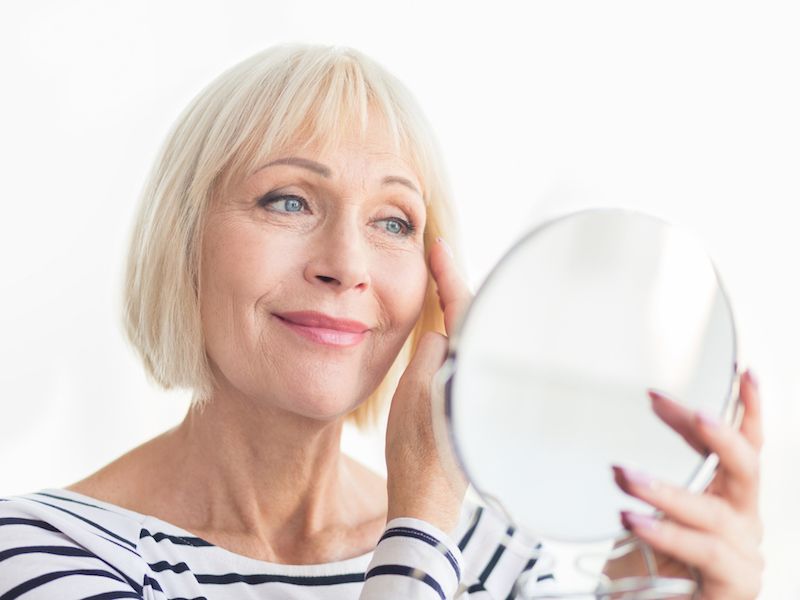
Seems as if we’re constantly attempting to stay youthful. From wrinkle creams to Botox to special diets to spin class, we spend a great number of hours each day doing what we can to slow down the aging process. And yet, even with all that effort (and all that time), we tend to avoid doing one simple thing that may really work: protecting our ears.
Hearing loss is often one of those “signs of aging” that we often consider to be inevitable. But it’s not that simple. By safeguarding your ears (and treating them with a bit of kindness on the way), you can help prevent damage and keep your hearing in great shape. And great hearing can have considerable anti-aging benefits as the years go on.
Hearing And Aging
When we speak about “aging” we don’t usually mean the actual passage of time. Instead, specific emotional, mental, and physical changes are indications that somebody is getting older. A good example of this is pain in your joints. When your knees begin to bother you, you might associate that with “getting old”. But it’s not age alone that leads to the problem (your everyday 5-mile run might have something to do with it, also).
The same will also apply to many kinds of hearing loss. There’s a build-up of damage as you age. The build-up of damage, in most cases, is the real cause of hearing deterioration. And it’s often downhill from there. A number of other signs of aging have been associated with hearing loss:
- In some cases, problems such as insomnia and memory loss, can be initiated by the cognitive strain of attempting to hear. And that can make you feel like you’re getting old in an especially intense way.
- Self isolation from friends and family can be the consequence of untreated hearing loss.
- The onset of mental problems, including dementia, can sometimes be accelerated by neglected or unnoticed hearing loss.
- Anxiety and depression have been demonstrated to have a strong connection to hearing loss.
What to do About Age Related Hearing Loss
When you battle the “signs of aging” in your ears, you’re actually placing a focus on controlling damage. And it’s fortunate that we can achieve that using several methods. Here are a few things you can do:
- As much as possible, avoid loud noises. And when you can’t stay away from high volume places, use hearing protection. So when you go see that concert with your favorite musician, be certain to wear earplugs.
- Become more aware. It’s not just the painfully loud noises that can lead to damage. Your ears can also be damaged by moderate noise if you are exposed to it for long periods of time.
- If you happen to work in a rather noisy environment, wear hearing protection. With modern quality ear muffs, loud sounds are filtered out while you can still hear people speaking clearly.
Your ears can be safeguarded by all of these actions. But there’s one more thing you can do to keep your ears in fighting condition: come see us for a hearing examination. Making sure you undergo hearing tests regularly can help you discover hearing loss before it’s even noticeable. Even if your hearing is perfectly normal, an exam will still be able to provide a useful baseline to compare against future results.
Keep Your Ears Healthy by Wearing Hearing Aids
We live in a loud world. Despite your best effort to take care of your hearing, you still might ultimately notice some hearing loss. If that’s the case, it’s essential that you get help as quickly as you can. Some of the age related issues linked to hearing loss can be prevented with a quality pair of set aids.
Hearing aids can assist your hearing to function more youthfully, kind of like a facelift for your ears. And that can help keep depression, dementia, and other issues at bay. This analogy only goes so far since a facelift is cosmetic and hearing aids are essential. Wrinkle creams might help you look younger. But your best bet, if want to feel younger, is to treat your hearing loss and protect your hearing.